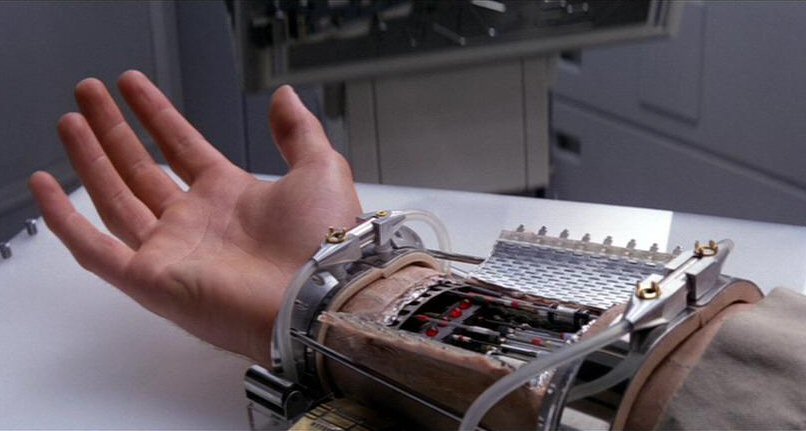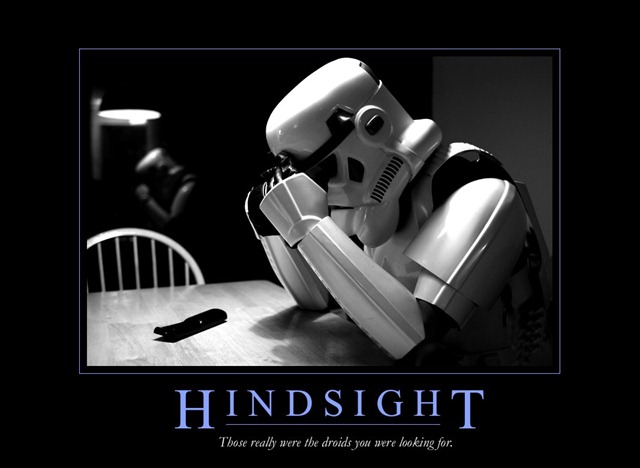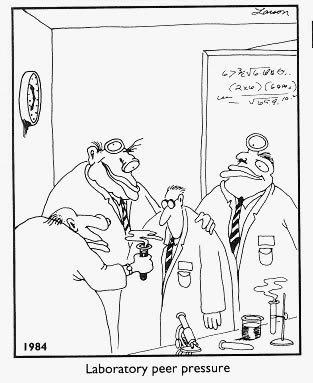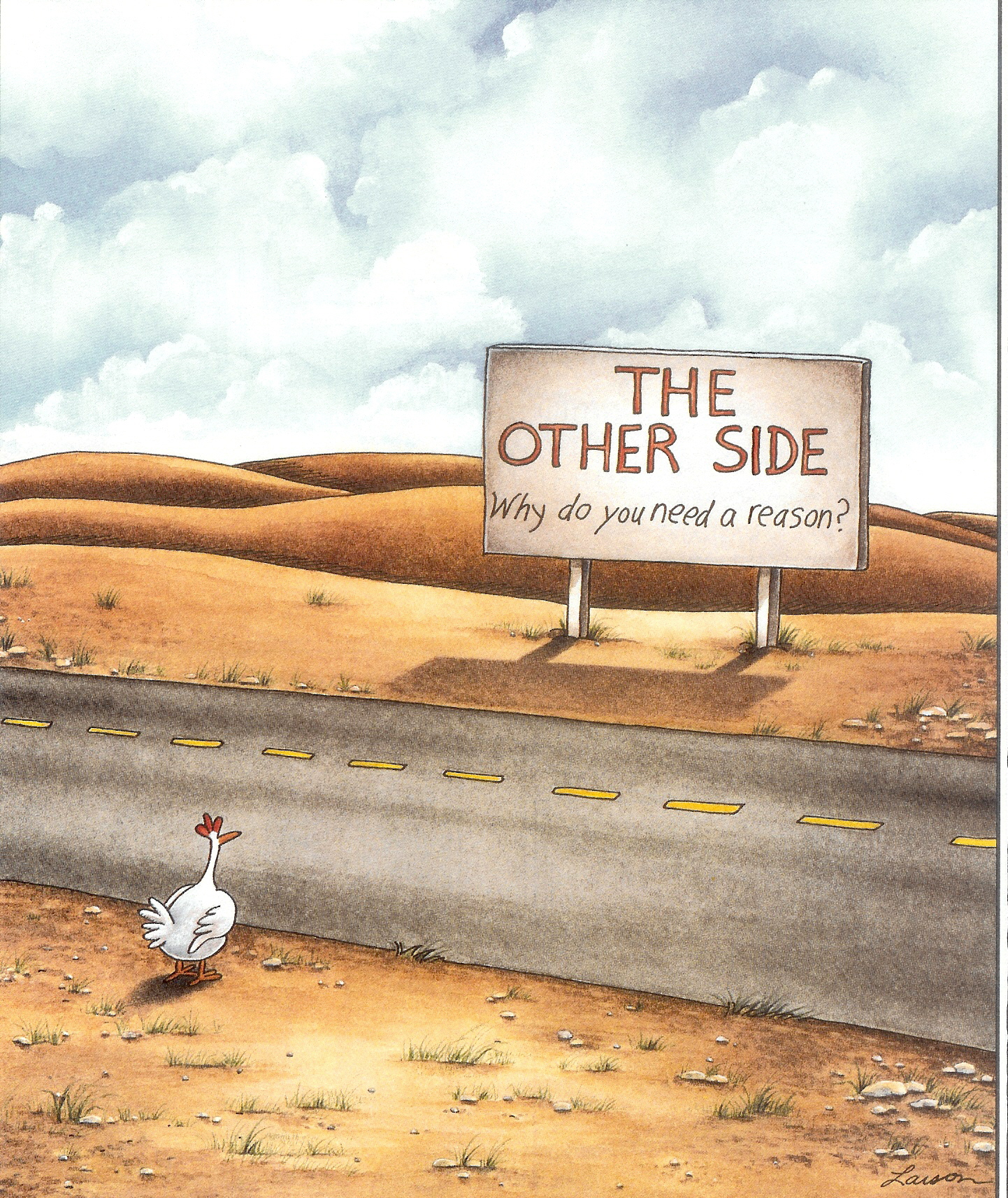Do I or don’t I….go to medical school?
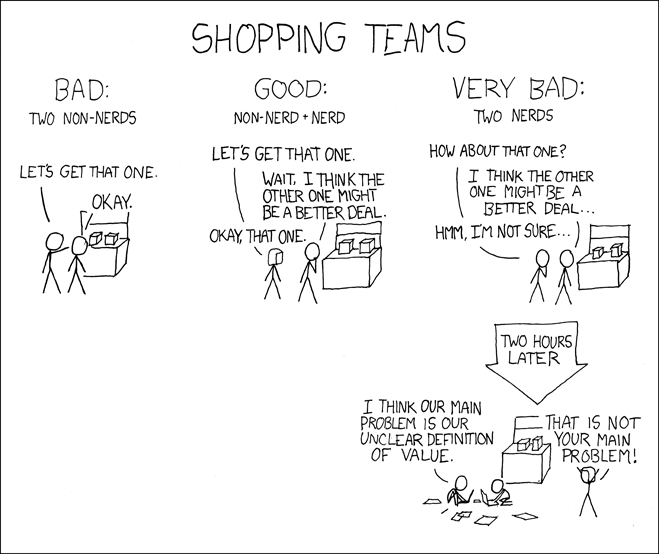
Because finding an image for this post was too much work after I wrote this. Credit: XKCD.com (my one true love)
I’m going to make an even further departure from my regular theme of posts as I’ve been getting a few emails from readers who are looking for career advice; and my answers have had some consistent themes, so why not exploit that and make a blog post out of it, right? Read More...
How to decide when you don’t know how to decide
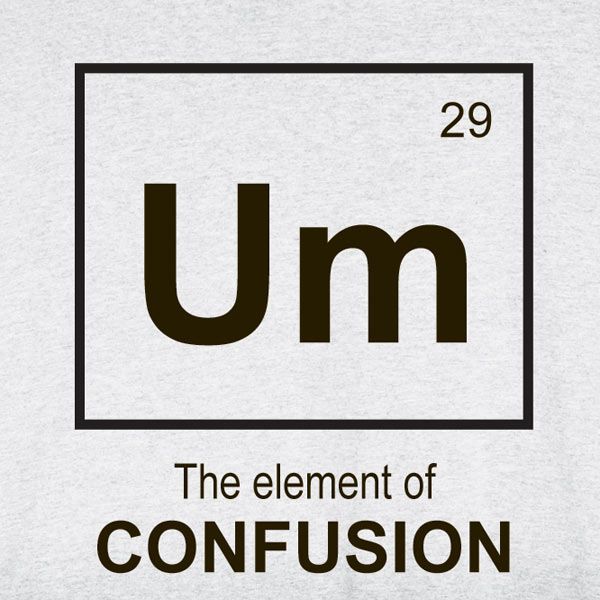
I don’t know why they picked 29, since that the atomic number for copper, but this design is from http://www.whatonearthcatalog.com/cgi-bin/hazel.cgi?action=DETAIL&ITEM=CL9321
Two things happened this week that inspried me to write this post: Read More...
What is plastic surgery?
I realize that there are a lot of faithful readers of my blog that date back to 2007, and hopefully some folks who go back further to my ramblings on the JPFitness forums. To those who have tolerated me for this many years, you probably don’t need to read this. But for those of you joining this quasi-regularly scheduled program, it may seem odd that a plastic surgeon should be writing about fitness at all (which I didn’t really think about until I was asked to introduce myself on the podcast interviews.) Read More...
Evidence and innovation: Behind or not?
Spurred on by Bret Contreras and a Facebook link from Lars Avemarie, “If you are truly evidence-based, you’re only as good as somebody else was 2 years ago,” I figured I would brush this draft off and publish it. Read More...
Just what IS ‘peer-review’, exactly?
Of all of the research-related activities I’ve done, short of actual research, peer-review is the activity I do the most, and the one that I’ve been doing the longest. I regularly review for three publications (i.e. I’m in their rota somewhere), and get sporadic requests from others (usually because I’m one of the references.) My perspective on peer-review differs from most. It’s not to say that I’m against it or that I have a better idea; but that as with all processes in science, the imperfections are worth knowing because the devil lies in those details. Read More...
Holy hell balls, only 2 weeks of class on obesity? (Or, why I really shouldn’t read stuff on Huffpost)
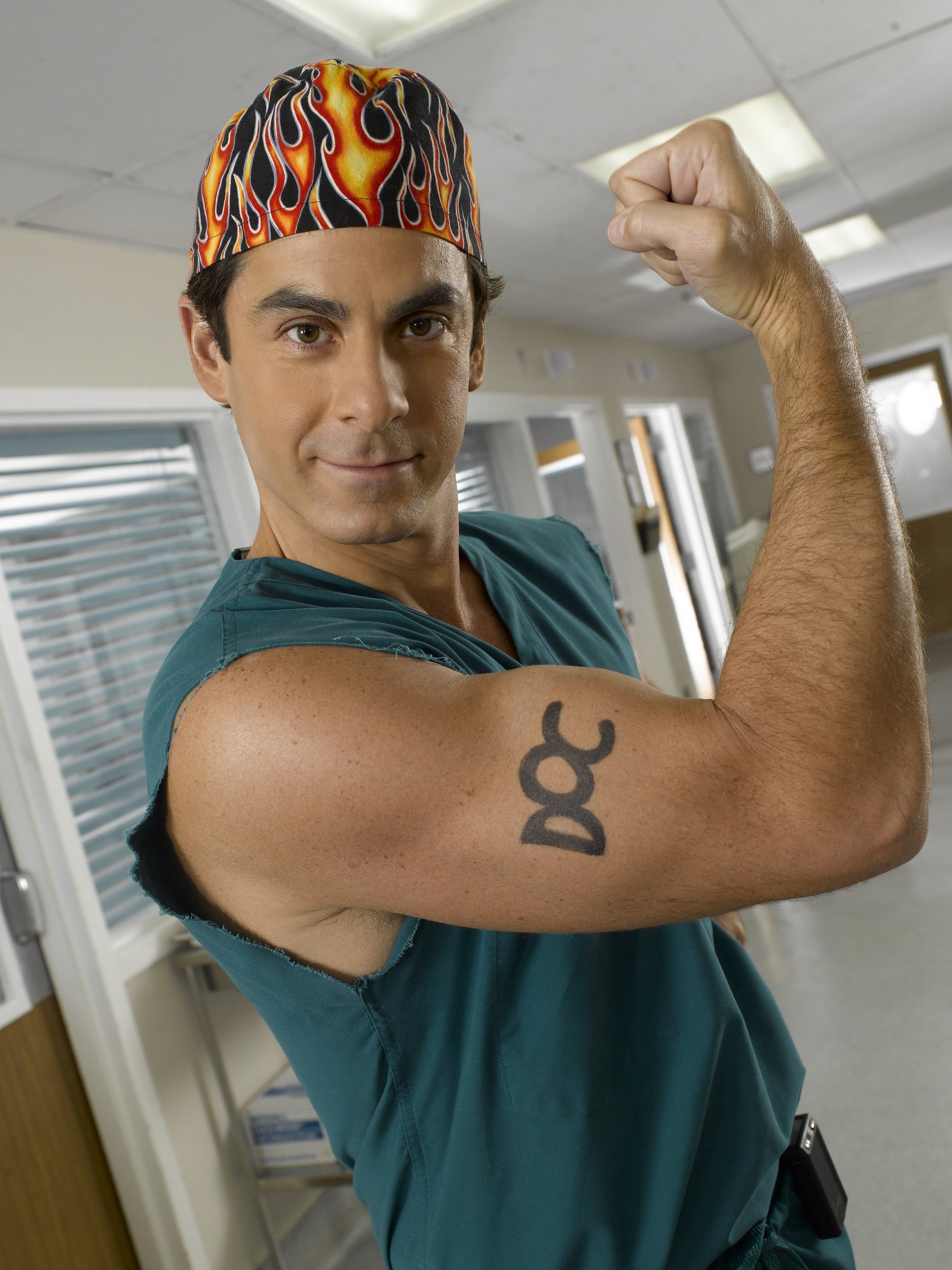 Medical school is full of stuff to learn. A lot of stuff. Every day is a new day of a massive volume of information. It’s like trying to take a sip from a fire hose. Residency is even more. The AMA has voted to classify obesity as a disease. An interesting move, for sure, that will ignite debate and discussion for years to come.
Medical school is full of stuff to learn. A lot of stuff. Every day is a new day of a massive volume of information. It’s like trying to take a sip from a fire hose. Residency is even more. The AMA has voted to classify obesity as a disease. An interesting move, for sure, that will ignite debate and discussion for years to come.
This has triggered a bunch of blog posts from a variety of parties who ask the obvious question: how can doctors who receive less than 2 weeks of class on obesity be adequately prepared to treat it? Read More...
When is a calorie not a calorie? To get to the other side (Yup, just another bad joke.)
This one gets bandied around a lot: “A calorie isn’t a calorie.” It’s a clever gimmicky catch-phrase because it a) challenges the reader to re-evaluate what they think is a set-in-stone rule and b) gives them the hope that the reason why they’re not making progress lies in the fact that their “truth” is in fact a lie. Read More...
The State of Evidence-Based Fitness
I wanted to start my new site with a new post, but as with everything on this site, I get most of my blogging ideas from other people. I got the idea to write this entry from The Oatmeal’s “State of the Web”. Unfortunately, I have the drawing ability of Matthew Inman’s dog (this is debateable as I’m just surmising that his dog can’t draw very well). So you just get text with no nifty comic. 🙁 Read More...
30 seconds of idiocy. The cure for cancer is delayed by decades.

There was a really interesting letter in the journal Nature on Thursday, “Australia’s grant system wastes time,” which was about how much time goes into preparing a grant for funding with Australia’s National Health and Medical Research Council (in Canada, this would be the Canadian Institutes for Health Research, and in the US, the National Institutes of Health). The authors of the letter did a survey of Australian researchers and found that it took, on average, 38 working days to prepare a new proposal. They extrapolated their survey data to estimate how much cumulative time was spent by Australian researchers who applied to the NHMRC preparing grants, and estimated thatn 550 working years of research time was spent on this endeavour. As with all federal funding agencies, only a small percentage of grant proposals get funding. In 2012, that was 20.5% in Australia. So, basically, about four centuries of cumulative research time was wasted, with no return on the time spent. The point of the letter was to encourage the NHMRC to simplify the application process to decrease the time wasted.
But there’s another insidious drain on research that goes unrecognized and I think really has manifested itself only in the past 10-ish years with the explosion of self-help publishing as well as the widespread adoption of social media that permits easy viral sharing of ideas; and that is the constant distraction of sensationalism. Read More...
You are going to die.

So there’s been ANOTHER study on some food and mortality. Last time, it was red meat. This time, it’s eggs. To be honest, I’m not even going to read it. (Ok, I lied. I read it. Who are we kidding?) It’s not the first study on eggs. It won’t be the last. And it definitely won’t be the last study of its kind in terms of trying to link what is really a very small part of life to mortality.
Being in medicine (yes, even in plastic surgery) has taught me a lot of thing, but one sure-fire experience is death, and dying. Most people in our society get very limited exposure to death, and fewer to dying. Most of us will only experience death when family members or friends die, which hopefully isn’t that frequent. Very few people have experienced dying–not many people sit with the dying anymore (in my experience). Some of us will personally face death prematurely, but recover, which may or may not change our view on life. Read More...
